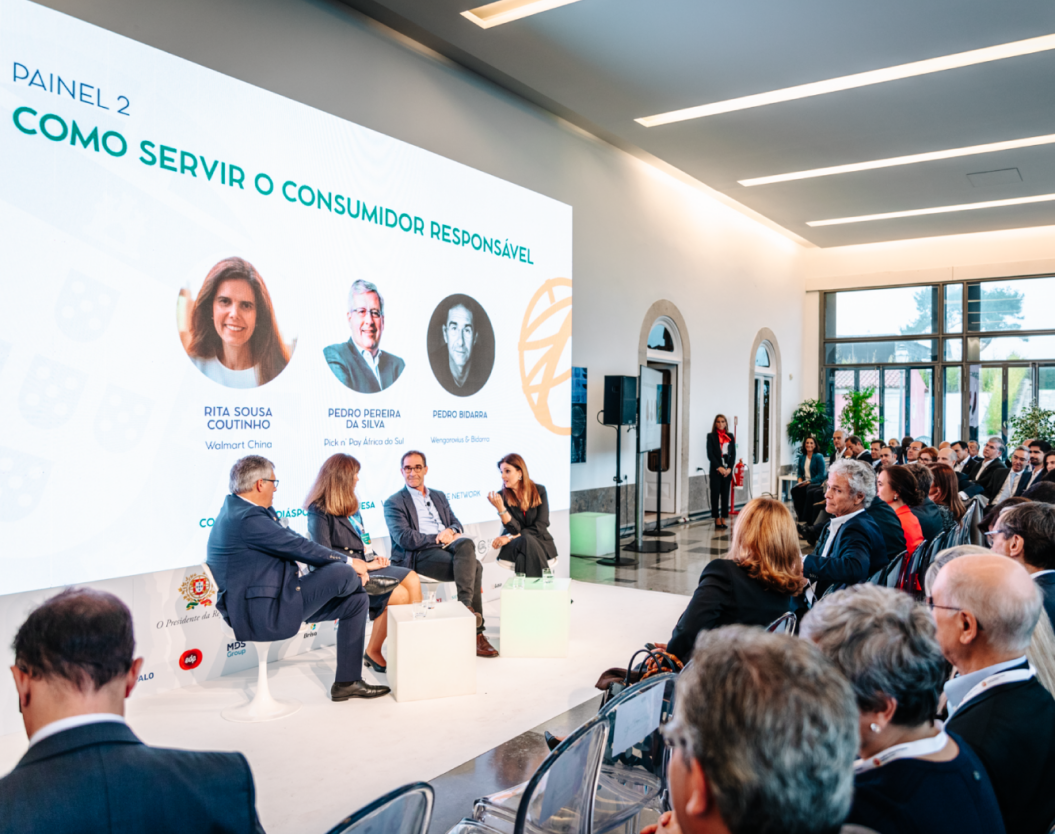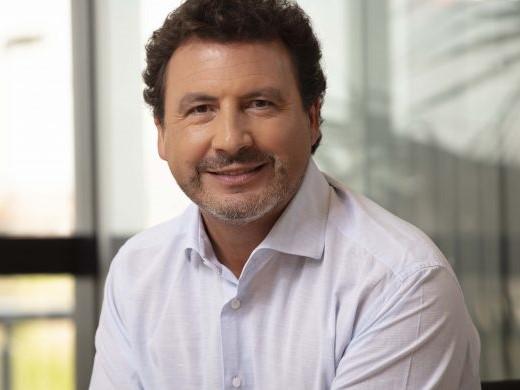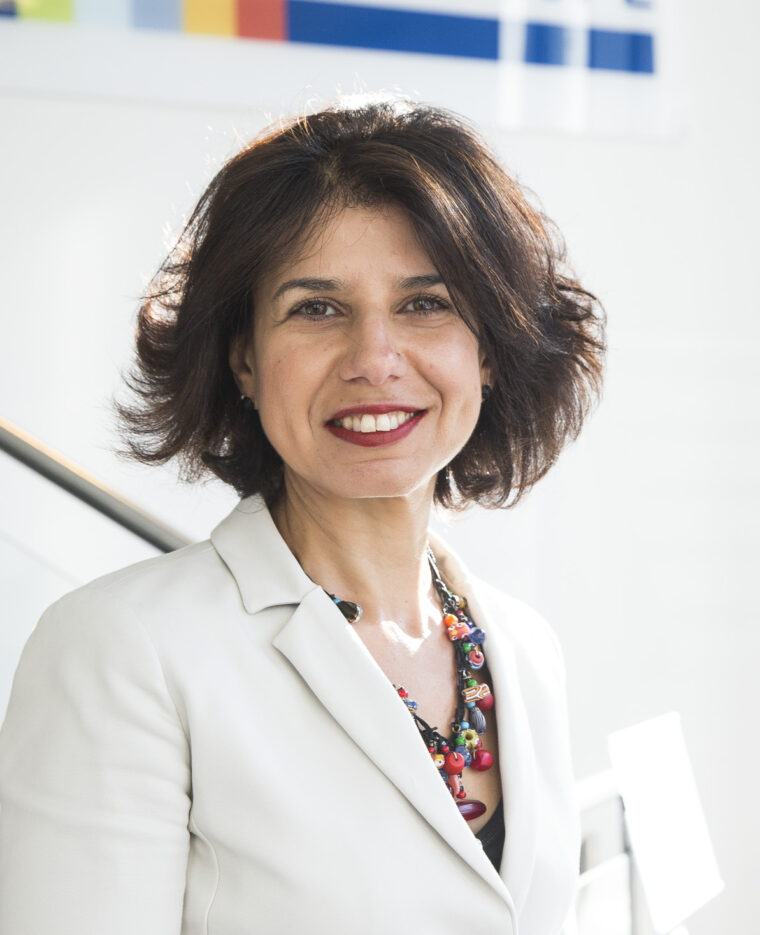The president of the Diaspora Council who will hold the 7th Annual Meeting this Friday under the theme “Thinking about our planet’s economy”, said that Portugal has added value and has to assert itself in the global carbon retention chain.
“Portugal must reposition itself and it must have a
role, probably not in leadership, but in integrating the global production
chain in the retention of CO2” (carbon dioxide), said Filipe Botton.
The country “has value-added, at various levels, and
has to prove it, (…) and can help in this matter through innovation,” he
said.
Speaking to Lusa on the event’s eve, Fliipe Botton recalled
that Portugal « has a number of companies that have invested in innovation
in various areas related to the theme of sustainability », a word that is « very
broad » and « much more than environment ».
Therefore, he considered that “through its companies, its
economic agents”, the country “should try to position itself”, adding: “And it
has to prepare for it”.
That is why the Diaspora Council this year brought the theme
“ Thinking about our planet’s economy ” for discussion, he said.
“We think we have to prepare for the future and we must
prepare our young people to face this issue,” he said.
“This is our seventh meeting, and as it has been our
prerogative, we have tried to bring insights from our advisers, informal
ambassadors of Portugal, who are part of the Diaspora Council, on issues that
are relevant to Portugal,” he recalled.
“We thought about ‘rethinking the economy’, because in fact,
it’s all about what’s going on in the world,” said Filipe de Botton.
It has to do with the digital world, the new consumers, the
aging of the population, the new production chain that “has to be rethought in
light of these events”, but also with the “role that Portugal can play above
all in relation to information technologies. retention or carbon recapture, ”he
explained.
For the businessman, the theme has been much debated and
mediatized, but “full of` VIPs`, because unfortunately there are more `VIPs`
than properly thought and reflected content in social networks.”
“It has to do with CO2 capture, it has to do with planting
trees to offset CO2 emissions through photosynthesis,” he said.
But, he considered “unfortunately, all this for the
consumer society we live in, is not enough.”
“So we have to create new CO2 retention technologies,”
concludes the Diaspora Council chairman.
In this seventh meeting, which will take place, as usual in
the Cascais Citadel, will be present more than two thirds of the counselors
present, that is, 62 of the 96 who are part of the council.
A number that for Filipe Botton “shows a concern to be
present, to approach Portugal, to be able to make the suggestions that they
think will be worthwhile” and also “to create a` networking` of this diplomacy
”, he stressed.
The VII Annual Meeting of the Portuguese Diaspora Council
has as its theme “ Thinking about our planet’s economy ” and will discuss,
among other things, the challenges of the transition to a new production and
consumption system, read in the event’s announcement, which counts at the
opening session with the intervention of Portuguese Minister of State and
Foreign Affairs, Augusto Santos Silva and at the closing with the President of
the Republic, Marcelo Rebelo de Sousa.
In previous years, the Diaspora Council’s annual meeting
discussed topics such as talent and the national education system, investment,
leadership and diversity, cybersecurity, digital age management, cultural
diplomacy, 21st century skills, industry development audiovisual industry in
Portugal.
The Portuguese Diaspora Council is a private non-profit
association, founded in 2012, with the High Patronage of the Presidency of the
Republic and the Ministry of Foreign Affairs.
This year was recognized by the Portuguese State with the
status of Non-Governmental Organization for Development (NGDO), for the work
that has been developed in favor of relations between Portugal and Africa
through the EurAfrican Forum platform.
Its main instrument of intervention is a
Portuguese-Portuguese lusodescendant network, the World Portuguese Network,
which comprises 96 members, spread across 26 countries and 50 cities on five
continents, with intervention and influence in the areas of Economy, Science,
Culture and Citizenship.
By RTP/Lusa, December 2019






